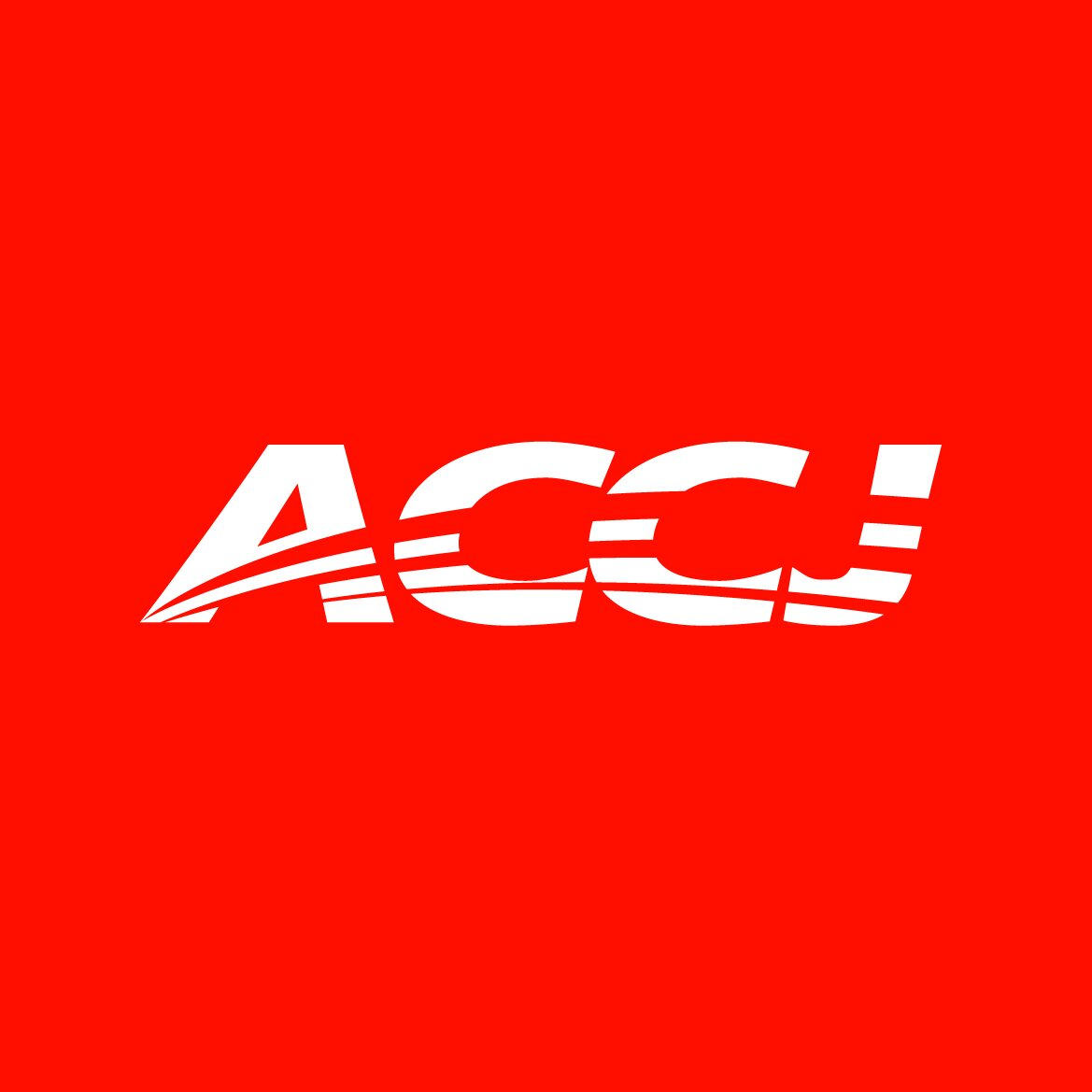ACCJ All-Member Town Hall, July 31
Town Hall – Friday, July 31, 2020
Peter Fitzgerald, ACCJ President
Thrilled that the ACCJ is making progress towards its three strategic goals for 2020: Trade Harmony and Modernization, Sustainable Society and Healthcare, and Digital Potential.
The Chamber continues to maintain an active dialogue U.S. Trade Representatives as they prepare for Phase 2 of U.S. trade negotiations. Our robust advocacy efforts remain centered on trade, particularly digital trade.
The Healthcare and Retirement Pillar’s white paper on the long-term sustainability of Japan’s social security and health care systems is nearing completion.
The ACCJ is taking the lead driving digital growth in Japan and is accelerating its work through the New Digital Agenda White Paper Task Force. Join our team – learn more here.
Laura Younger, ACCJ Executive Director
The Chamber is committed to providing the highest level of service to members, including events that offer easy and equal access, as well as a positive and safe experience.
Despite the pandemic, the ACCJ has offered the same level of programming from last year in 2020, reaching more members and segments than in years' past, with over 280 meetings and events and close to 8,000 registrants to date.
The COVID-19 Response Team (CRT) will continue to oversee decisions regarding health and safety protocols. These protocols and the requisite technical capabilities are being developed to facilitate in-person events. We plan to test small, hybrid events in August but will flex based on coronavirus developments.
Chris LaFleur, ACCJ Chairman
GOJ announced that certain foreign nationals with resident permits (e.g., businesspeople and students) would be able to apply for re-entry starting Wednesday, August 5. Eligible individuals include those who departed Japan before their destination country was added to the ban list, which for most is April 2. They will need to take a coronavirus test within 72 hours of their flight and submit proof of their negative result to their local Japanese consulate to receive a formal letter permitting their re-entry. The modified policy increases the potential pool of foreign nationals allowed to return by about 200,000.
Additionally, GOJ plans to implement travel bubbles with countries where the pandemic is relatively under control, such as Thailand and Vietnam.
GOJ has also indicated that those with private planes will fall under a special rubric authorizing entry into Japan.
Given the complexity of the situation and evolving circumstances surrounding the pandemic in Japan and abroad, much remains unclear about current policies and their future direction. We are working on gaining more details and what to expect as the GOJ rolls out policy changes, and we will share updates as soon as we have them.
Please continue to share your challenges, particularly if they are humanitarian. We are here to help in any way we can.
Karin Lang, Minister-Counselor for Consular Affairs and Consul General, U.S. Embassy
Re-entry ban:
Although GOJ publicized important measures regarding the travel ban on July 22, these measures do not help current residents or those who have legitimate reasons to transfer to Japan.
On July 28, acting Chargé d’Affaires Nick Hill joined fellow G7 Heads of Mission and the EU delegation in Japan to present a formal démarche to the state minister, stating Japan is the only country in the G7 that does not offer equal to treatment to permanent residents and immediate family members of Japanese citizens. The group underscored the numerous contributions permanent residents make to the Japanese economy.
The Embassy continues to advocate easing restrictions on permanent residents and those who fall under other categories. GOJ is well aware of the business community's concerns, thanks in large part to the ACCJ's strong and sustained advocacy efforts and public stance.
On COVID-19:
In light of increasing cases, we strongly urge compliance with all health and safety guidelines, including local and national government guidance.
On June 22, President Trump signed a proclamation temporarily suspending some employment-based nonimmigrant visa categories in the U.S., including L-1 visas. We know this suspension affects many Japanese companies with significant U.S. investments and operations. Currently, exemptions are limited to those conducting COVID-19 research or other public health areas. Broader authorities are pending to permit waivers and exemptions supporting economic-interest categories.
Other updates:
Friendly reminder to request your absentee ballots as the U.S. general elections are fast approaching. Many jurisdictions allow absentee ballots via electronic means. If you choose to submit a mail-in ballot, we encourage you to send it to the Embassy, and we will send it via U.S. mail services. Please refer to the FVAP website for additional information.
Mail-in passport renewals with online payments have been an enormous success. If you need to renew a passport, please consider the mail-in option. Find more information here.
The Senate Foreign Relations Committee will hold Kenneth R. Weinstein's confirmation hearing to be the next Ambassador to Japan on Wednesday, August 5. Click here for viewing details.
